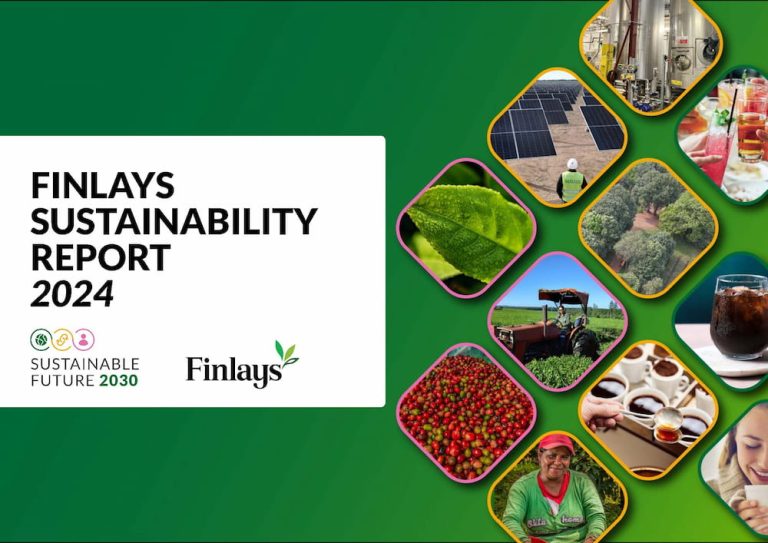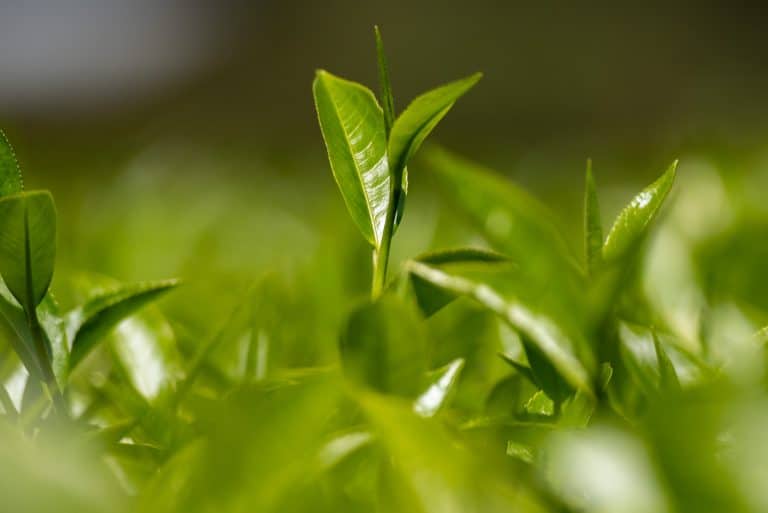Siân Edwards, Group Insights Manager at Finlays discusses 2021 beverage trends
2020 saw such phenomenal and unprecedented change that Oxford Languages were unable to pick a single ‘word of the year’. They considered it impossible to incapsulate the seismic shift in everything with just one word, opting instead for sixteen words or phrases that span the global pandemic, social movements and environmental change, highlighting the extent to which our world has changed.
Understanding the fundamental evolution in human behaviour and the world in which we live, enables us to look to 2021, forecast how the mega-trends will evolve in our ‘new normal and predict what the implications could be for the beverage industry.
Beverage Consumption Trends to Watch Out For in 2021
1. Health & Wellness
While the concept of holistic or preventative health isn’t new, COVID-19 has pushed this trend firmly into the mainstream, with worldwide Google searches for ‘immune system’ increasing 614% between Feb and March 2020. Related searches included: ‘what is the immune system’ and ‘immune system boost’ as consumers seek to better understand and improve their resistance to illnesses[1].
Consumer awareness of mental health has also been accelerated by COVID-19 with the impact of lockdowns and social distancing felt by consumers worldwide. An incredible 93% of Chinese consumers are concerned about the impact of the pandemic on their wellbeing[2]. This will drive adoption of products purporting to support stress alleviation and relaxation, with functional ingredients such as l-theanine, found naturally in tea, coming to the fore.
We’re also seeing the definition of wellbeing further expand, from physical and mental health, to embrace the whole human biosphere. ‘Environmental health’, whether that’s air quality, fulfilment from pets or reconnecting with nature, has become a new focus for consumers.
What this means for beverages: functional/healthy beverages are an area of huge growth and potential, with consumers looking for ingredients they perceive as being good for them. Tea is key here, with 70% of global consumers believing it has a positive impact on their health[3].
2. Premiumisation
Major shifts in lifestyles and budgets in uncertain highly times are forcing consumers to revaluate their spending and determine how their food and drink spending offers tangible, measurable benefits. ‘Premiumisation’ is being redefined to reflect the consumer need for ‘value for money’. This doesn’t mean consumers will necessarily resort to the cheapest products, particularly when considering 46% of global consumers associate ‘good value for money’ with high quality product/ingredients[4], but more that they will look for products that tick off multiple needs or fulfil a specific requirement.
Because of the need for tangible benefits, we may see a ‘back to basics’ approach, with consumers looking for products with claims that they recognise and are confident can be delivered, or that can be scientifically proven. Now, more than ever, claims and positioning will be scrutinised as consumers part carefully with their money.
What this means for beverages: ingredient quality is particularly important to demonstrating value for money. Creating beverages with products that demonstrate value will include highlighting sourcing credentials, ingredient differentials and processing innovation. “Cold brew coffee” or “single origin tea” are terms the consumer recognises and is increasingly associating with quality.
3. Sustainability
Far from distracting from sustainability, 2020 has highlighted the importance of trust, traceability and values for consumers. Tracking dramatic declines in air pollution and watching fish return to the canals of Venice has had a profound impact on consumers, now appreciating the impact of previous lifestyles on the planet. Similarly, restrictions on travel and commuting have driven consumers to reconnect with their local communities, while the resurgence of the Black Lives Matter movement in countries around the world highlighted the importance of principles and social responsibility to one another.
Consumers will be seeking products that are produced sustainably. 47% of global consumers find ‘sustainable production methods’ more important than before COVID-19. They will also be looking to connect with brands on a local level: 52% of global consumers find locally-sourced ingredients more important than before the pandemic[5]. Developing a product with ethical credentials and values is no longer a ‘nice-to-have’ but an absolute essential for this new consumer landscape.
What this means for beverages: consumers scrutinising product packaging will increasingly look for ethical credentials they can trust, from Rainforest Alliance to organic certification. They’ll also be seeking out businesses and brands that are going above and beyond.
4. Experience and Experimentation
As of December 2020, one in five global consumers stated feeling anxious, increasingly to nearly a third for women aged 18-24[6]. Creating positive experiences, particularly in the latest round of lockdowns, and responding to consumer needs for at-home experiences will be crucial for brands looking to connect with consumers in 2021.
Luxury chocolate brand Montezuma achieved impressive sales growth of +30% during 2020, despite the temporary closure of their stores, by targeting clear consumption occasions and motivation. Developing an at-home subscription, priced at £99.95 for six months, enabled consumers to create at-home experiences with innovative chocolate products associated with comfort and indulgence. Crucially, the brand underpinned this with a clear commitment to ethical values, from ingredient-sourcing to biodegradable packaging, highlighting the value in paying extra for their product.
What this means for beverages: tea and coffee firmly align to consumption occasions and emotions for consumers whether that’s relaxation, comfort, morning energy or indulgence. Brand owners can lean on these associations while offering opportunities for innovation and exploration through product type, processing and origin. Balance comfort and innovation with tea and coffee to reach consumers in these uncertain times.
In conclusion
This globally-shared experience will have wide-ranging impacts on consumers as we emerge from the shadow of COVID-19. After a period of phenomenal upheaval, all bets are off, and in 2021 consumers will be looking to ask ‘what kind of world do we want to live in?’.
Aspirations to be healthier, happier and create a ‘better world’ will drive consumers to engage with brands that have the same ambitions to create this ‘new normal’ together.
Sources
[1] Google Trends 2020
[2] GlobalData Plc 2020
[3] GlobalData Plc 2020
[4] GlobalData Plc 2020
[5] Source: GlobalData Plc, 2021
[6] Source: GlobalData Plc, 2020





